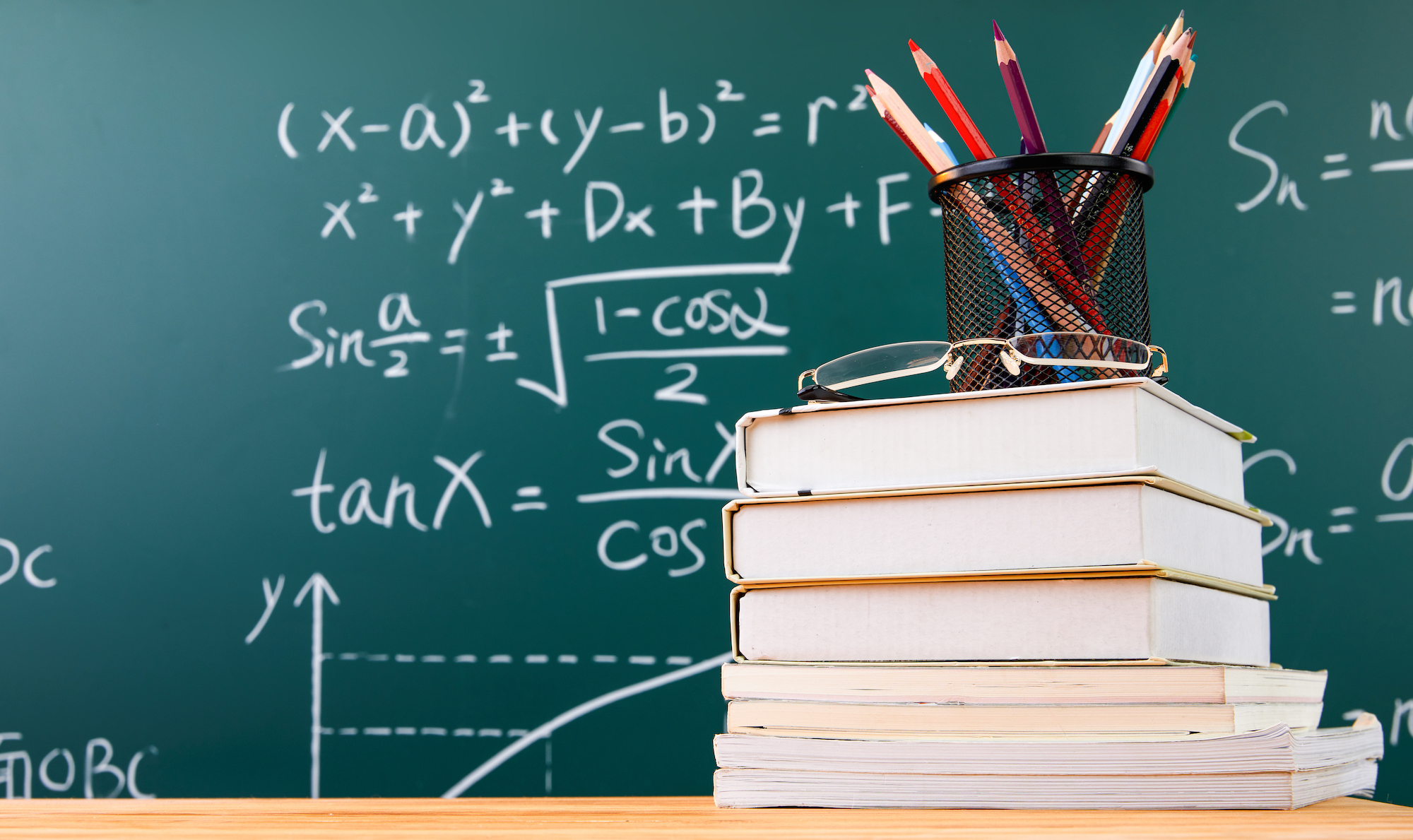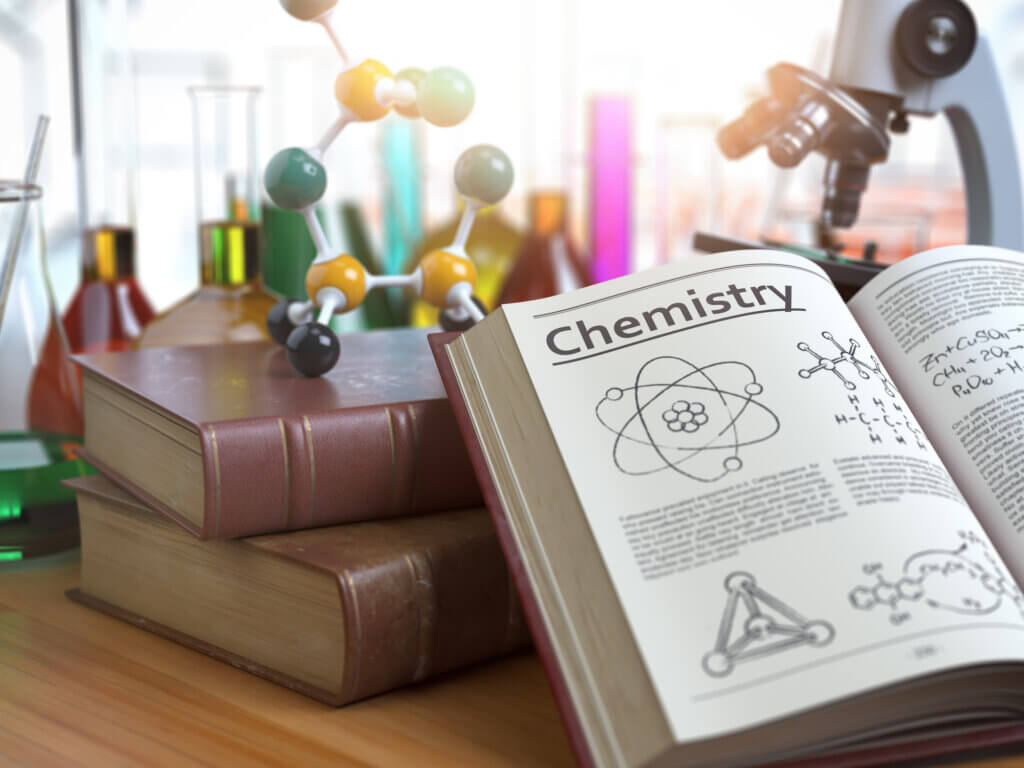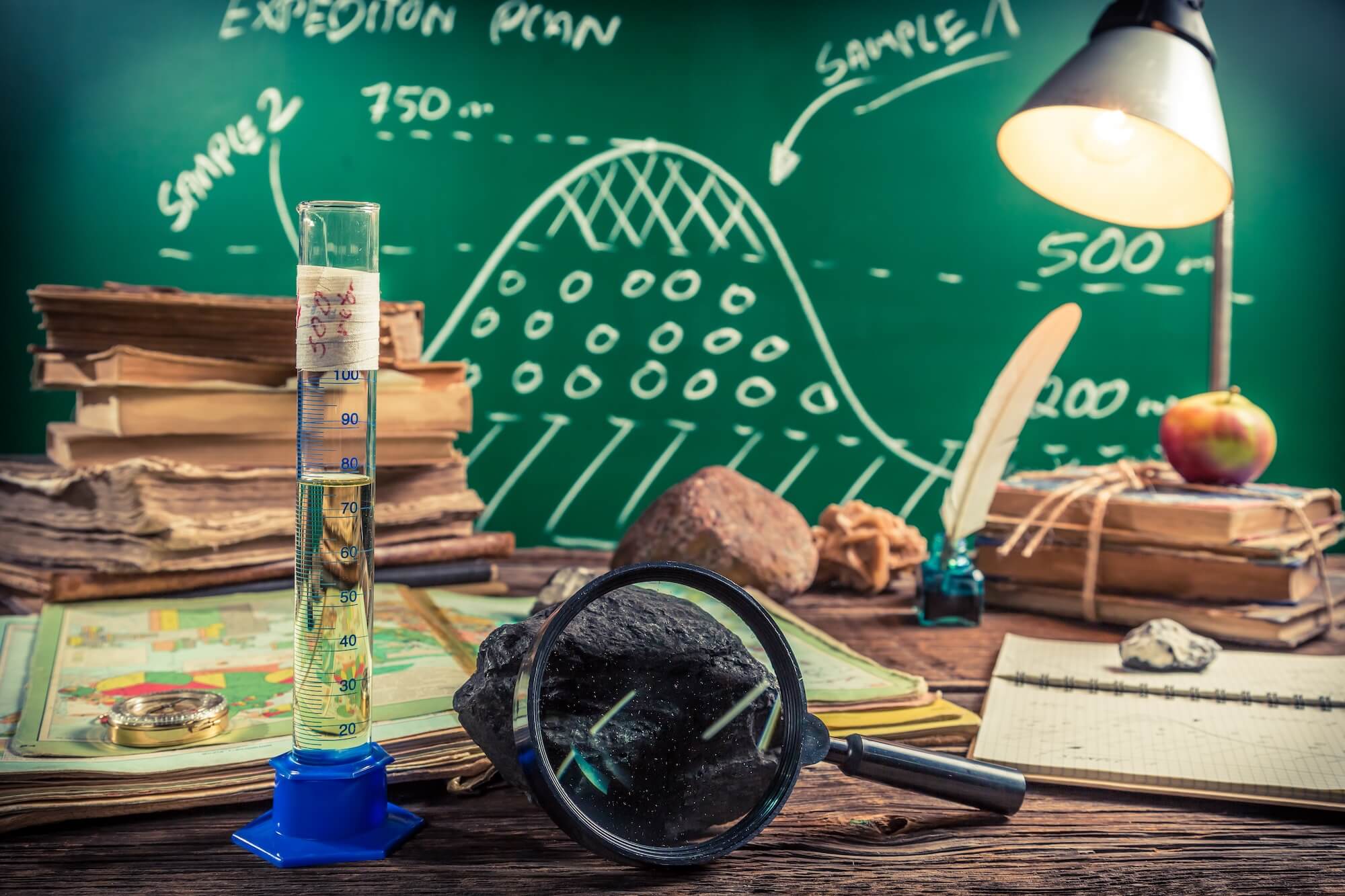

In Class 11 and 12, students often gravitate toward one science subject over another. “I’m good at Physics, but Chemistry confuses me,” or vice versa, is a common refrain among Science stream students. But here’s the truth that many parents and even students overlook: Physics and Chemistry are deeply interconnected, and excelling in one often depends on understanding the other.
At ConnectEd, we’ve worked with hundreds of CBSE Class 11 and 12 students, and we’ve seen time and again that building strong fundamentals across both subjects leads to better academic performance, improved problem-solving, and deeper conceptual clarity—especially when it comes to competitive exams like JEE and NEET.
Here’s why your child shouldn’t treat Physics and Chemistry as isolated silos—and how mastering both opens up stronger academic outcomes.
1. Formulas and Concepts Often Overlap
Many Physics concepts require a solid understanding of basic Chemistry, and vice versa. For instance:
- Thermodynamics is a core chapter in both subjects, but approached slightly differently. Physics focuses on heat, work, and laws of energy, while Chemistry explores enthalpy, entropy, and Gibbs free energy. If a student only understands one version, they’ll struggle with the other.
- Atomic structure, introduced in Chemistry, lays the groundwork for understanding concepts like nuclear physics and photoelectric effect in Physics.
Key takeaway: Gaps in Chemistry can weaken Physics performance, and vice versa. A solid base in both creates a coherent understanding of the scientific world.
2. Competitive Exams Don’t Make the Distinction
Exams like JEE, NEET, and state entrance tests treat Science as an integrated domain. Questions may combine ideas from multiple subjects. For example:
- A Physics question about gas laws may assume prior knowledge of molar volume from Chemistry.
- Understanding electron behavior in Chemistry can make it easier to grasp electrical conduction in Physics.
Tip for Students: When studying a topic in one subject, ask how it might connect to the other. That cross-linking approach strengthens retention and recall during exams.
3. Conceptual Thinking Improves When Students See the Big Picture
When students view topics like “energy,” “matter,” or “motion” across both Physics and Chemistry lenses, they develop holistic scientific thinking. This not only helps in academics but also prepares them for real-world STEM problem-solving.
Students who integrate knowledge across subjects:
- Solve numericals more easily
- Understand practical applications better
- Approach problems with confidence rather than confusion
At ConnectEd, we encourage students to ask “how does this relate to what I’ve already learned?” — a small shift that leads to deeper learning.
4. Practical and Lab Work Requires Crossover Skills
In school labs, students perform experiments that often involve knowledge from both subjects. Measuring specific heat capacity, performing titrations, or studying conductivity — these aren’t purely Physics or Chemistry exercises. They require understanding the theory and applying it with accuracy and scientific reasoning.
Parental Insight: If your child is struggling in lab performance or making avoidable errors, it could stem from fragmented understanding across subjects.
5. Learning Both Well Builds Academic Confidence
When students stop thinking “I’m bad at Chemistry” or “Physics is too hard” and instead focus on understanding the why behind each topic, their academic self-esteem improves. This confidence has a multiplier effect:
- They’re more engaged in class
- They’re less anxious during exams
- They’re more likely to ask questions and explore deeper
Final Thoughts
In Class 11 and 12, Physics and Chemistry are not just subjects — they’re complementary lenses through which students explore the physical world. Success in one enhances understanding of the other.
At ConnectEd, we don’t just teach chapters — we teach connections. Our integrated approach helps students build a strong, balanced foundation in both Physics and Chemistry, setting them up for board excellence and competitive exam readiness.
Because in Science, the parts don’t add up unless you understand the whole.

"Physics and Chemistry in Class 11 and 12 aren’t separate silos—they’re deeply connected. From overlapping concepts like thermodynamics to integrated questions in competitive exams, success in one subject often depends on understanding the other. This article explores why mastering both is key to building true scientific thinking and academic confidence."
blog & news
Stay Informed, Stay Inspired.


CBSE Class 10 Maths Chapter 15 Probability Formulas – Complete Guide

Surface Area and Volume Formulas for CBSE Class 10 Maths with Examples
Start your journey
with ConnectEd.

Start your journey
with ConnectEd.

Get in touch with us with any inquiries or assistance.
ADDRESS
Visit us for a personal consultation or meeting.


